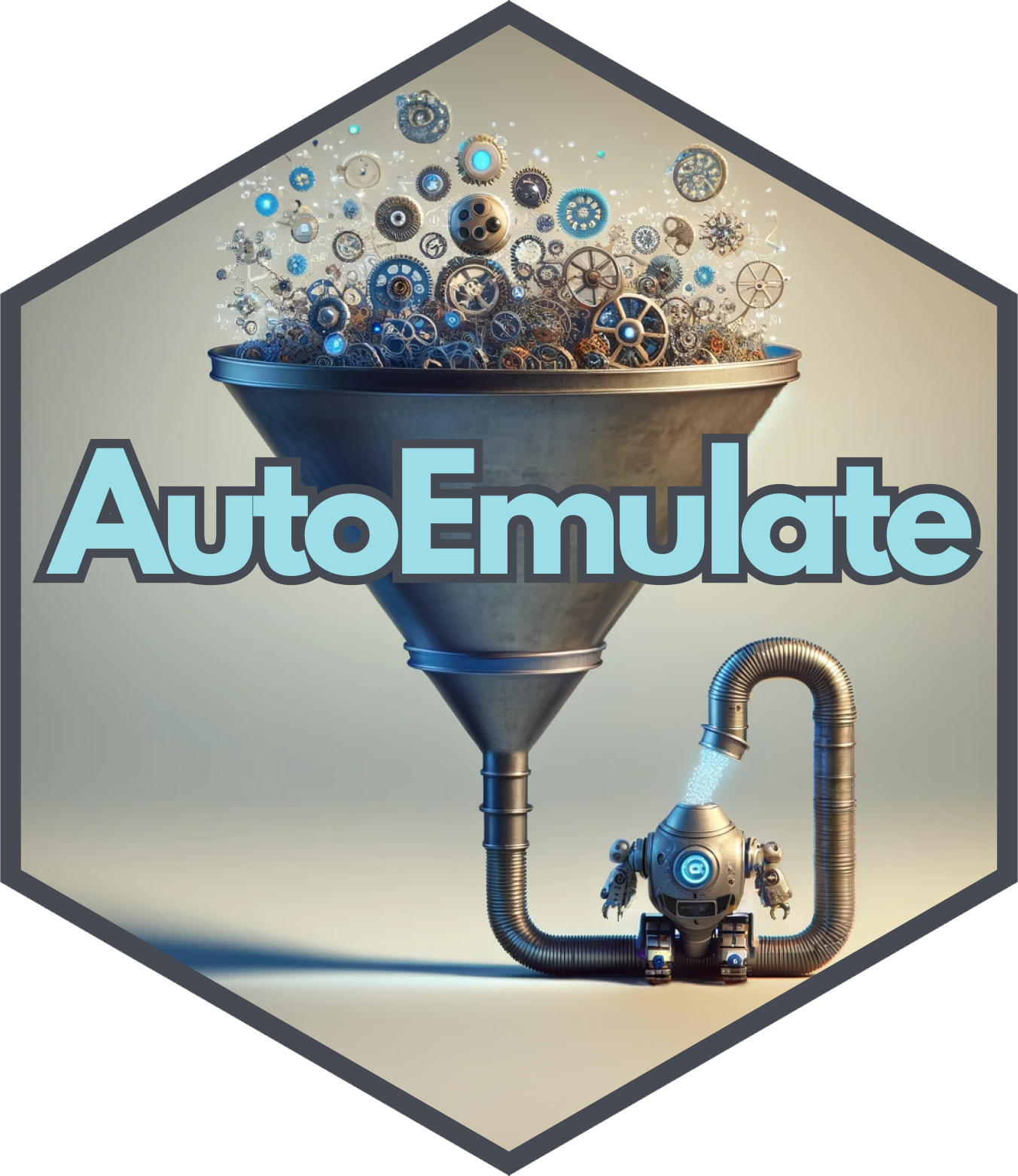Releasing AutoEmulate#
This guide explains how to create new releases of AutoEmulate for maintainers.
Release Process#
AutoEmulate uses GitHub Actions to automatically publish releases to PyPI when a new version tag is pushed. The process is as follows:
Update Version Number First, give the package a new version. We recommend this guide to decide on a version number. Note: you’ll need to open a PR to do this.
Update the version in pyproject.toml:
[project]
name = "autoemulate"
version = "X.Y.Z" # Update this line
Create and Push Tag Create a new git tag following the same semantic versioning (vX.Y.Z):
git tag vX.Y.Z
git push origin vX.Y.Z
Create a Release on GitHub Go to the Releases page of the repository and click “Draft a new release”. Fill in the release title and description, then select the tag you just created (vX.Y.Z). You can also link to the relevant issues or pull requests that are included in this release. There is an option to “Generate release notes” which can help summarize changes since the last release.
Automated Release Process using GitHub Actions
When you push a tag matching the pattern ‘vX.Y.Z’, the release workflow
release.yamlwill automatically:Check out the code
Set up Python
Install build tools (build, twine)
Build the package
Publish to PyPI
The workflow requires a PyPI token stored in the repository secrets as
PYPI_TOKEN.
Prerequisites#
Before creating a release, ensure:
All tests are passing on the main branch
Documentation is up to date
CHANGELOG.md is updated
You have appropriate permissions to push tags to the repository
Troubleshooting#
If the release fails:
Check the GitHub Actions logs for errors
Verify the PyPI token is correctly set in repository secrets
Ensure the version number in
pyproject.tomlmatches the git tagMake sure you haven’t already published this version to PyPI
Release Checklist#
Update version in
pyproject.tomlUpdate CHANGELOG.md
Commit changes
Create and push git tag
Monitor GitHub Actions workflow
Verify package is available on PyPI
Test installation from PyPI
Notes#
The release workflow only triggers on tags matching ‘vX.Y.Z’
Only maintainers with appropriate permissions can create releases
Each version can only be published to PyPI once
The workflow uses Python 3.10 for building and publishing
